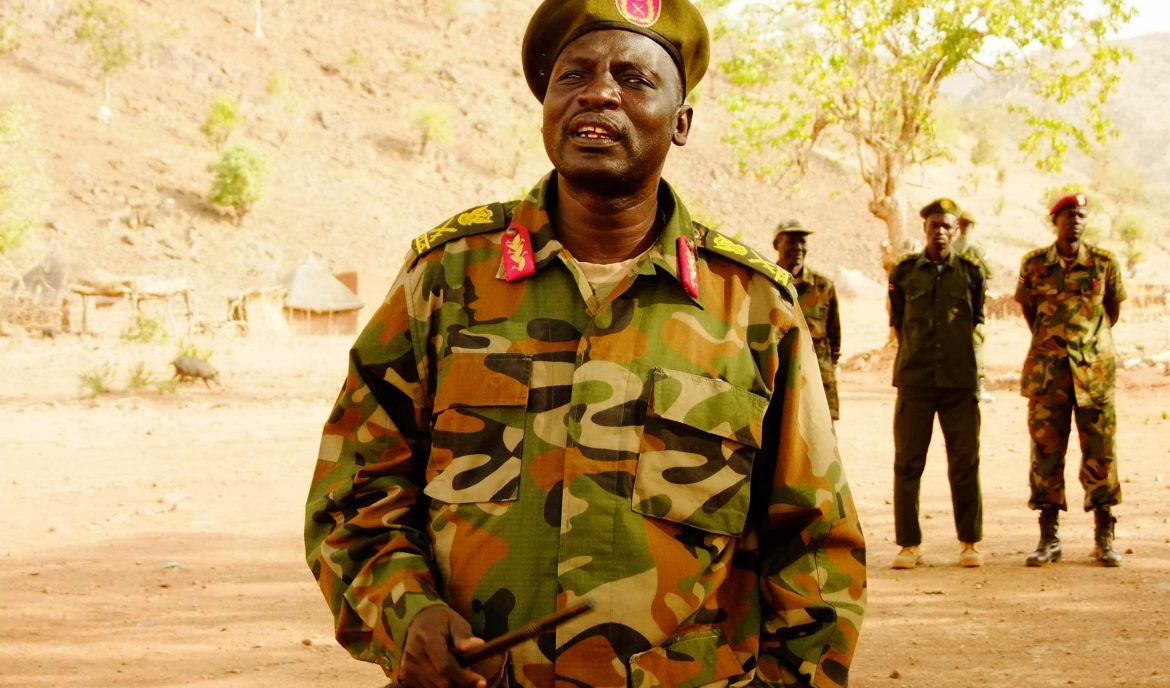SUDAN INSIDER |
This news summary is part of our Sudan Insider, a monthly newsletter providing news and analysis on Sudan’s biggest stories.
Subscribe here to receive the Sudan Insider in your inbox.
…………………………………………………………………………………………………………..
SAF and SPLA-N trade accusations over ceasefire breach
What happened…
The Sudan Armed Forces (SAF) and the Sudan People’s Liberation Movement-North (SPLM-N) continue to trade accusations over ceasefire breaches in South Kordofan State. The incriminations were triggered on February 10 after unknown gunmen killed seven cattle herders from the Hawazma tribe and looted hundreds of cattle in the Al-Hujarat area, roughly 30 kilometers west of the government capital, Kadugli.
Chief Bilal Babiker of the Hawazma tribe confirmed a huge force raided their cattle camps, looting over 1,000 heads of cattle, but did not identify the identity of the armed forces.
The ruling National Congress Party accused the SPLM-N of targeting civilians and breaching a ceasefire. A government statement called on the African Union and other international actors to condemn the attack and to label the SPLM-N a terrorist organization.
The leading opposition party, the National Umma Party, also condemned the attack on February 12 and is holding consultations to form a national committee to investigate the incident.
The SPLM-N issued a statement that denied any involvement in the attack, claiming to have no military presence in the area. SPLM-N Information Secretary Jatico Delman offered their condolences to the families of the victims in the incident. On February 16, SPLM-N General Chief of Staff Gagod Mukwa set up a commission to investigate the attack and accused the National Congress Party (NCP) of trying to incite the Hawazma ethnic community against the rebels.
On February 21, the SPLM-N accused the SAF of attacking its position in Korongo Abdallah, roughly 20 kilometers southwest of Kadugli, in an area with a large civilian population. The same day, SAF spokesperson Ahmed Khalifa al-Shami claimed the SPLM-N attacked Al Mashaish, roughly 40 kilometers west of Kadugli. The SPLM-N denied this, claiming the area was under their control and that they repulsed a SAF offensive.
A press release issued by SPLM-N the next day said the ground offensives between the warring parties had ceased but accused Khartoum of attempting to incite local tribes, such as the Miri and Hawazma, to fight SPLM-N as proxy forces. The press statement claimed SAF continued shelling the rebel positions.
All of these attacks, accusations and counter accusations take place despite President Omar al-Bashir’s declaring a six-month ceasefire last month. The declaration follows similar declarations made by the president in June 2016 and again in October.
What it means…
This is not the beginning of the usual dry season offensive, as the fighting appears to have tapered off. The tit-for-tat fighting does show, however, the volatility on the ground in the Nuba Mountains and the fact that both sides are prepared to return to full-scale war if deemed necessary.
Both sides have a vested interest not to breach the ceasefire. The U.S. has placed Sudan under a probationary six-month period before the State Department will permanently lift economic sanctions. A cessation of hostilities in South Kordofan and Blue Nile states is part of the pre-requisites for this period. The SPLM-N leadership is also keen to demonstrate their commitment to peace vis-à-vis the international community. The latter largely sided with the government during the last round of humanitarian access negotiations and the rebels are eager to acquire confidence and support from the West.
In the same vein, both warring parties also want to show the outside world the other side’s duplicitous nature to embolden their respective positions. The ruling National Congress Party, for instance, have attempted to create political capital from the Hawazma incident in an attempt to politicize what appears to be a local dispute to their advantage.
The idea of SPLA-N targeting the Hawazma tribe is unlikely since the rebels initiated peace efforts with this ethnic community in 2011, according to Dr. Ahmed Saeed, who has written extensively about the Hawazma ethnic community. The Hawazma refused to militarily engage the SPLA-N despite pressure from Khartoum. Communal relations, including trade, between the SPLM-N and Hawazma has angered Issa Adam Abaker, the governor of government-controlled South Kordofan who threatened a shoot-to-kill policy for anyone found or suspected to trade with the rebels.
Even if there is no full-out offensive between the warring parties this 2017 dry season, sporadic shelling from both sides continues. In November last year to the end of January, there were at least 15 cases of shelling incidents in South Kordofan and four incidents in Blue Nile State, according to the South Kordofan-Blue Nile Coordination Unit, an organization that monitors food security and displacement in the Two Areas.





